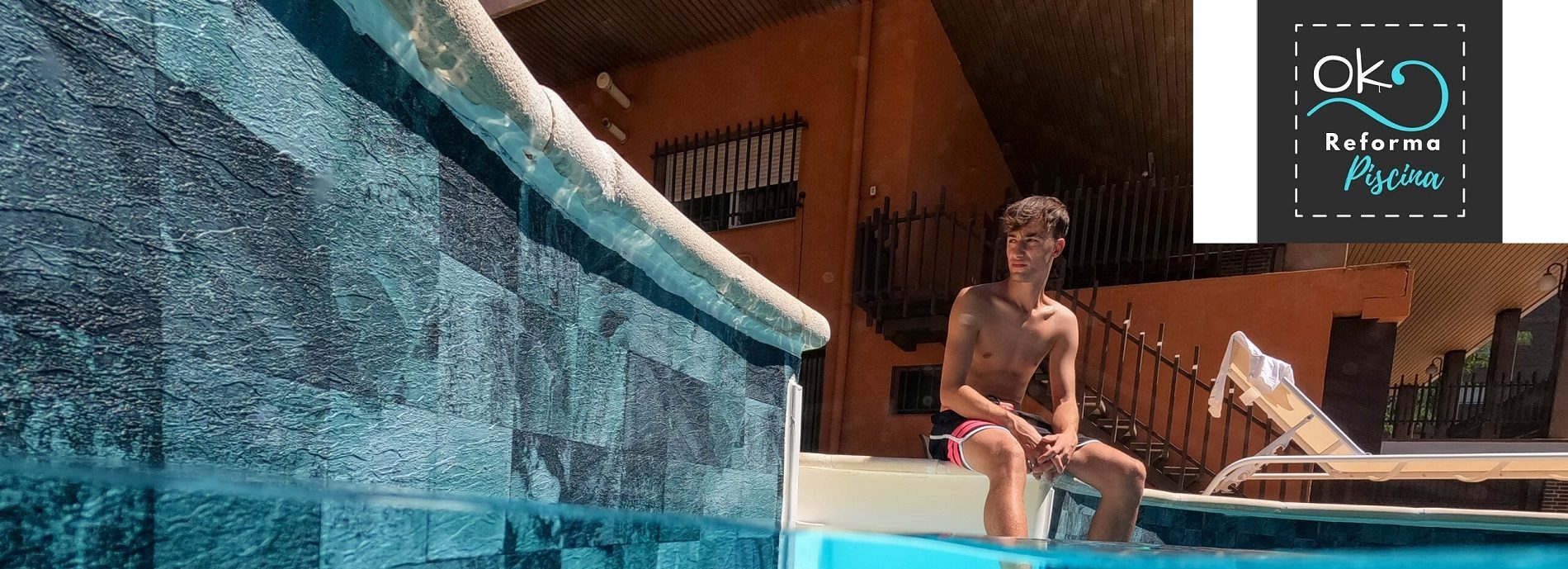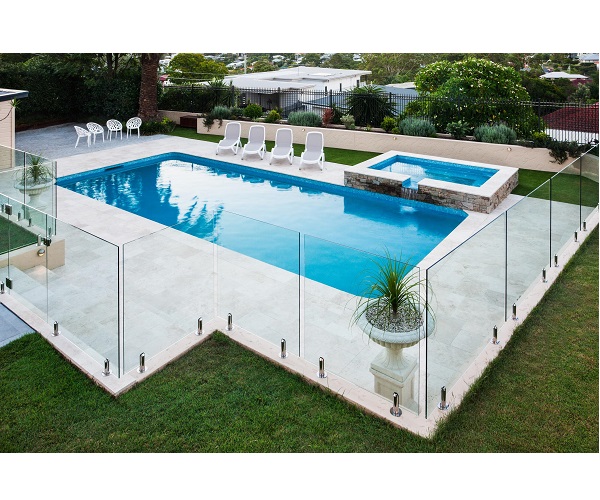
Table of contents of the page
Is it mandatory to fence a private pool?
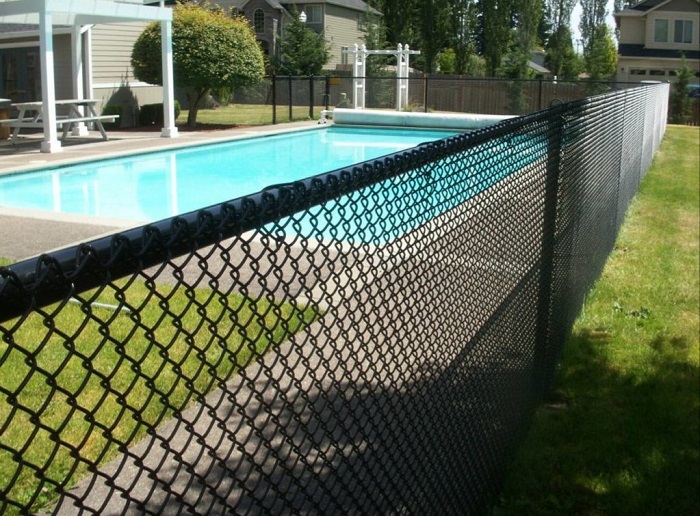
Spain does not require fencing private pools: but it does establish certain safety standards
Spain does not require fencing private pools, but it does establish certain safety standards. In particular, all private swimming pools are required to have adequate protection to prevent access by small children. Additionally, warning signs should be posted around the pool and it is recommended that barriers be installed to prevent access to dangerous areas.
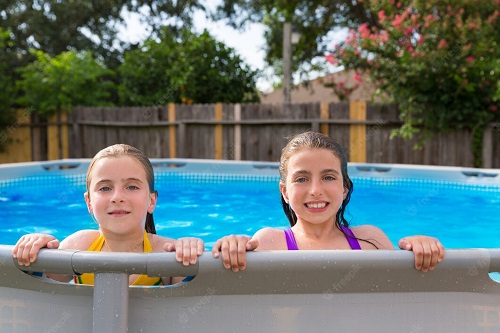
What is considered a private pool?
A private pool is one that is not open to the public.
It may be located in a backyard or other private area, and is generally only accessible to those who have permission to use it. Private pools generally require some type of fencing or other barrier to prevent people from gaining unsupervised access.
Recommendation: fence a private pool
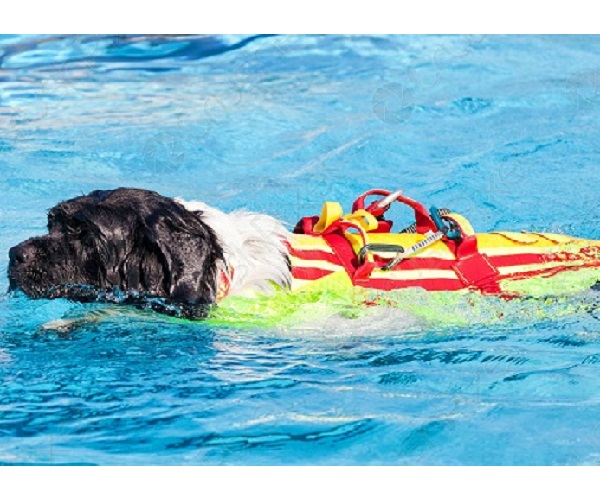
Pet pool safety: tips to avoid and how to act against drowning
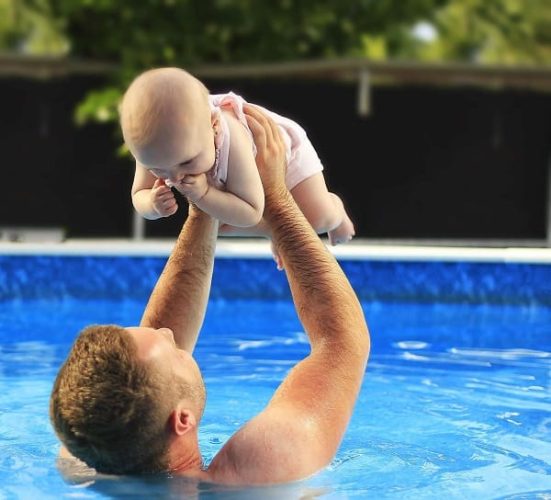
Pool regulations, rules and safety tips
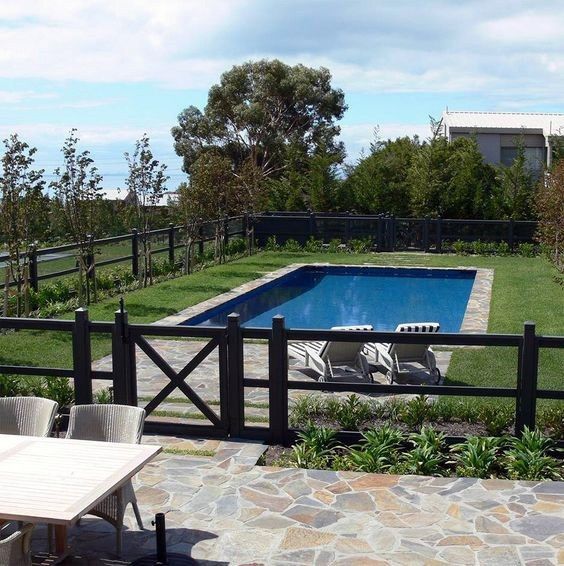
Although it is not mandatory, we suggest that you get a private pool
Installing a pool fence is a great way to help keep your swimming area safe.
- By taking the time to choose the right type of fence and having it installed correctly, you can ensure that your family, friends, and pets can enjoy your pool without worry.
Swimming pool fencing regulations

What are the local regulations for pool fences?
There are a number of rules and regulations that must be followed when building or installing a pool fence.
These standards vary depending on the area in which the pool is located, but generally include requirements such as the minimum height of the fence, the number of barriers that must be between the pool and the surrounding area, as well as the materials allowed for the construction of the fence It is also important to ensure that the fence is kept in good condition and inspected regularly for any damage or problems.
Local pool fencing regulations vary depending on the area the pool is located in.

General requirements for fencing a private pool
But they generally include requirements such as the minimum height of the fence, the number of barriers that must be between the pool and the surrounding area, as well as the materials allowed to construct the fence. . It is also important to ensure that the fence is kept in good condition and inspected regularly for any damage or problems.
Some common regulations for pool fencing include:

- The minimum fence height should be at least 1,2 m (4 ft), although it may be higher in some areas.
- There should be a minimum of two barriers between the pool and the surrounding area, such as a fence and gate.
- The materials used to construct the fence must be climbable and strong enough to withstand weather conditions and pool chemicals.
- The fence should be inspected regularly for any damage or problems, and repaired or replaced if necessary. Following these rules can help create a safe environment around the pool and prevent accidents from occurring.
Protective barriers governed by the NF P90-306 standard

What does the regulation of the pool fencing regulations governed by the NF P90-306 standard refer to?
Protective barriers must be made, constructed or installed in order to prevent the passage of children under five years of age without the help of an adult, they must resist the actions of a child under five years of age, in particular, in As regards the access locking system, it will no longer cause injuries.
Types of pool fences accepted by regulations
In Spain, there are different types of pool fences that must be installed to comply with the law.
The type of fence will depend on the size and depth of the pool, as well as other factors, such as the pool's proximity to a road or other public area.
- The most common type of pool fence is the chain link fence. This type of fence is made of a series of intertwined wire strands that create a tight mesh. Mesh can be made from a variety of materials, including plastic, metal, or even nylon. Mesh fences are usually high enough to prevent small children from climbing over them, and may also be equipped with self-styled gates.
- Another type of pool fence is the solid fence. Solid fences are made from a variety of materials, including wood, vinyl, and aluminum. Unlike mesh fences, solid fences cannot be breached, meaning they provide more privacy for swimmers. Solid fences are also generally taller than chain link fences, making them more difficult for children to climb.
Elements to examine before purchasing a security pool fence:
Moreover, Note that pool fences are required by law in some areas, so it is important to check local regulations before installing one.

And, logically, before purchasing a pool fence you will need Examine that the pool fence model in question meets the different points:
- We must ensure that the pool fence Complies with European safety regulations NFP 90-306.
- The fences must completely cover the entire perimeter of the pool.
- La Pool fence height must be a minimum of 120cm from the ground.
- Installation of the fence You cannot leave any space below (so that the child does not try to go to the other side or toys or objects can leak).
- The fence It does not have to have any bars or material that makes it possible to climb it.
- There has to be a security system in the opening so that children cannot open it (for example: the access door properly closed or containing an automatic closure).
- The material of the pool fence must be elastic and non-hurting to prevent possible impacts.
- The fabric must be transparent to collaborate with control and visibility.
- Also, we recommend that you purchase a pool fence model without holes to avoid possible disagreements with the result of the product.
- Eliminate any object around the pool fence that makes it easy to climb.
- It doesn't matter what type of pool fence you choose, but it is important to make sure it is installed correctly. lImproperly installed fences can create serious safety risks for both swimmers and spectators. If you are unsure how to properly install a pool fence, you may want to hire a professional contractor to do the job for you.
Consider safety elements of the protective fence for children and pets
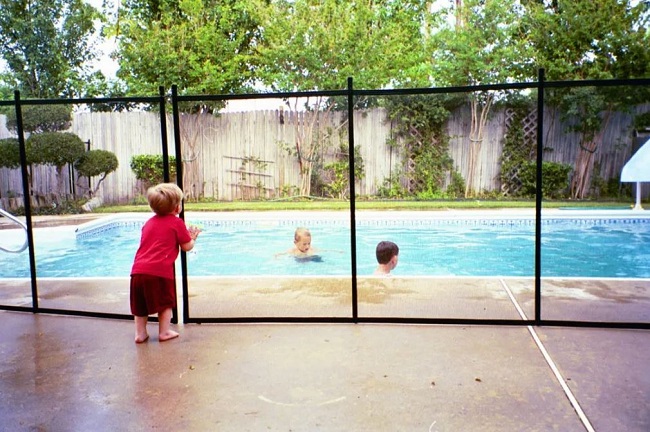
Generic characteristics of Safety Fences for swimming pools
As we have been saying, if you are considering an effective and reliable method for protecting children and/or pets, the best alternative is pool safety fences.
Yes, You will need to know several generic aspects about the generic characteristics of Safety Fences for swimming pools in order to guarantee their purpose:
- The assembly of pool fences is not complicated at all., that is, it is easy and simple.
- The materials of the security fences for swimming pools are of very good quality to strengthen aspects of longevity and resistance, such as: adverse climatic conditions.
- On the other hand, in order to guarantee safety in swimming pools, they must comply with all the requirements stipulated by approved standards of protection dictated at European level.
- The protection in pool fences, in all cases, is established both in the safety of children and pets.
- In addition, there is a wide range of pool fences available to tastes and needs in terms of: types of installations, colors, measurements...Available in different presentations and colors.
More information about pool fences
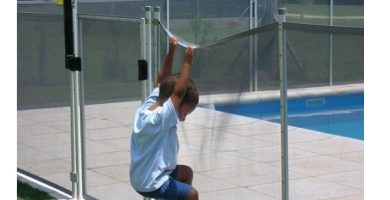
Models of security fences for swimming pools

How to put a metal pool fence on regular or irregular ground

What advantages and disadvantages does the pool fence have?
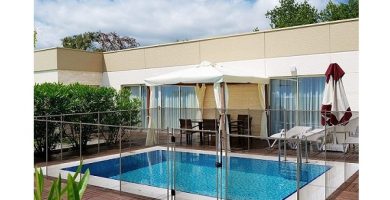
How to get it right with the choice of safety fences for swimming pools
Alternative to pool fences: pool covers
Finally, there are also pool covers available that can be placed over the entire pool area.
- Pool covers are typically made of a heavy-duty material such as vinyl or canvas and can be equipped with a self-closing gate. Pool covers can provide an additional layer of protection against swimmers who may attempt to enter the pool area without permission.
